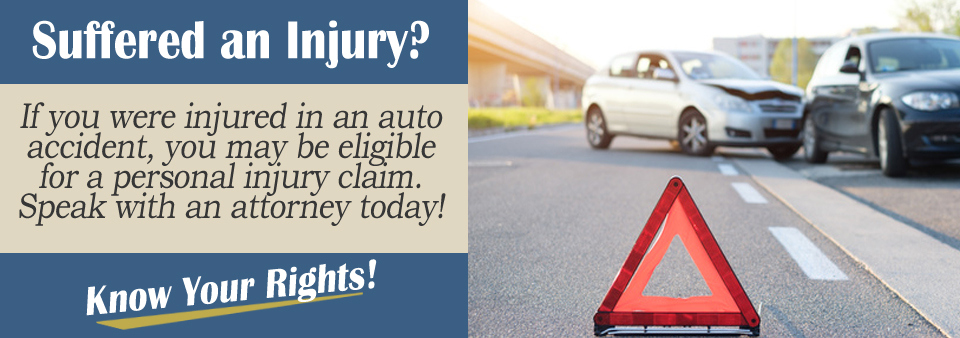There appeared to be more than enough room to let another motorist merge into rush hour traffic. However, the seemingly ample gap between vehicles quickly closed, which led to the other motorist running into your vehicle. Although everyone is physically in good condition, the same cannot be said for your car. How you handle the aftermath of a car crash largely determines whether your insurance company will approve an auto claim.
What is an Auto Claim?
When you signed up for an auto insurance policy, you signed up for the day when you would need financial help to pay for the costs associated with a vehicle accident. To get the ball rolling, you have to submit an auto insurance claim that requests money to pay for the costs of treating personal injuries, as well as the costs generated by repairing damage to your vehicle. Filing a timely claim is important, as the process can take weeks, if not months to complete. You also must ensure the claim is accurate, as even a mistake for the time and date of the accident can turn a persuasive car insurance claim into a scrap of paper tossed into a trashcan.
As a vital part of an auto insurance claim, a police report acts as the official account of what transpired right before the accident, as well as documents the personal injuries and vehicle damage caused by the car crash. Your personal injury attorney will use the police report as a reference point for negotiating a settlement with the other driver’s car insurance company. The adjuster for your insurer wants to see the official police report to determine the validity of your auto insurance claim. Insurance companies lean heavily on police reports because officers that respond to auto accidents are typically considered objective in their analysis of what happened.
Burden of Proof is on You
Although a police report represents an indispensable part of the evidence puzzle, there are times when law enforcement agencies do not respond to vehicle accidents. If that is what you have to face, the burden of proof falls squarely on your shoulders. This means you have to collect evidence not only for your insurer to review, but also for a licensed personal injury lawyer to look over before determining the best course of legal action.
The most important evidence to submit to your insurer concerns documenting every injury. You should make copies of every document that describe the costs of diagnosing, treating, and rehabilitating your physical and/or emotional injuries. Proving emotional distress symptoms can be difficult to do, especially if you decide not to hire a personal injury lawyer. You will have to ask the medical professionals that treated your emotional duress symptoms to provide anecdotal evidence during deposition hearings. Remember to maintain a detailed journal of every medical procedure related to the car accident.

The Importance of Hiring an Experienced Personal Injury Attorney
Car insurance companies employ a wide variety of professionals that make it their jobs to discount the claims filed by policyholders. From an actuary who calculates probabilities to investigators that look for errors on claim forms, you can find yourself behind the curve when it comes to winning an insurance claim. This means you deserve the legal representation required to get your car insurance claim approved by your insurer. A personal injury lawyer can also seek legal remedies that concern the car accident.
Schedule a free initial consultation with a state licensed personal injury attorney.